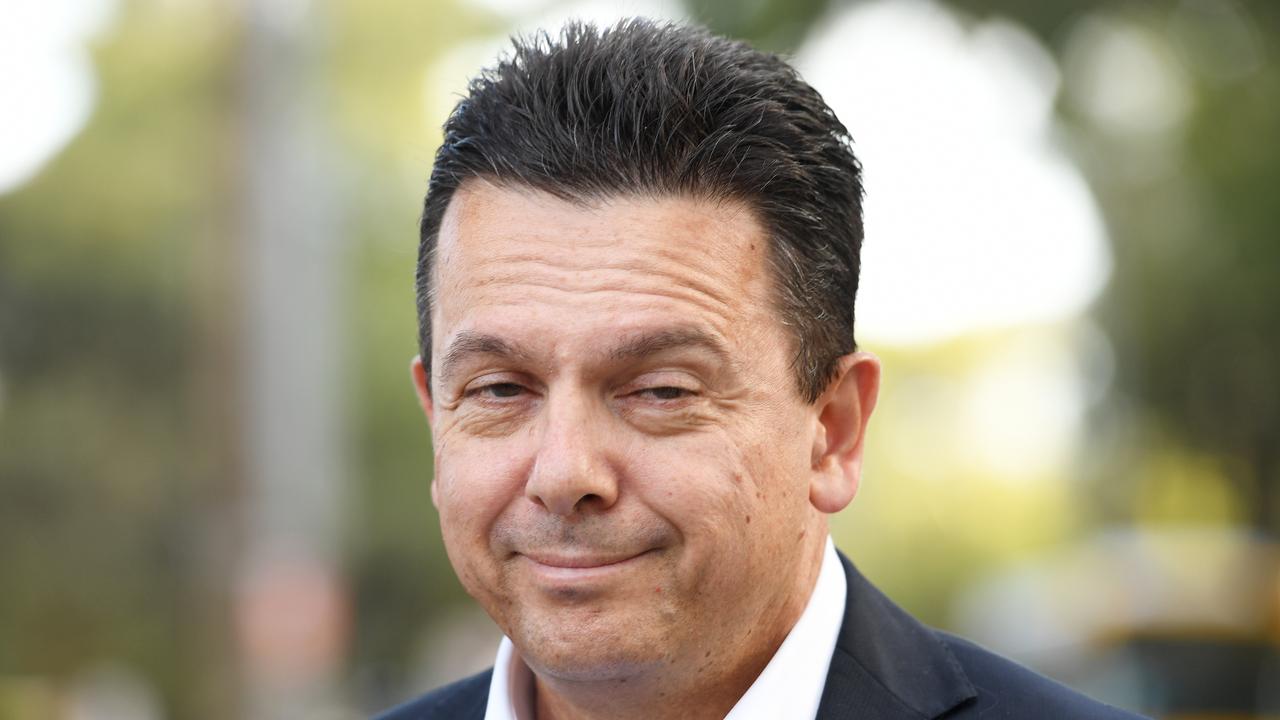Posted on: May 2, 2022, 06:03h.
Last updated on: May 2, 2022, 05:23h.
Gambling advertising is on the rise in Australia, with a new Nielsen report indicating a significant increase in five years. One politician thinks it’s time to cut back, and is using that as his platform for the upcoming election.

The past few years have brought a significant increase in gambling advertising in countries around the world. The topic is a sore spot for many, with calls for bans getting louder. Australia is dealing with the same debate.
A recent study out of Victoria reveals that gambling advertising in the state increased 253% from 2016 to 2021. The report, which the Victorian Responsible Gambling Foundation (VRGF) commissioned, determined that there were 948 gambling ads each day on free-to-air TV in Victoria last year.
That, the foundation says, is too much, and something needs to change.
Gambling Ads Shunned
The gambling industry spent over $287 million (US$202.6 million) advertising its products and services last year, according to the study. This was around AU$16 million (US$11.28), more than operators spent a year earlier.
There are already restrictions in place regarding when gambling ads can air. The Australian government implemented a ban that prohibits them during live sports during the day, allowing them to appear only after 8:30 PM. However, this doesn’t go far enough, according to the VRGF. If it were up to the group, there would never be any gambling ads in sports.
The Queensland Government Statistician’s Office states that, in 2019, Australians spent around AU$1,276 (US$900) gambling. That’s roughly the same amount the average person spends on Starbucks coffee in a year.
In addition, only around 1% of the population, according to the Victorian Responsible Gambling Foundation, has a “severe gambling problem.” Australia has one of the lowest problem gambling rates among developed countries, even as consumers spend more money gambling. However, the increased spending and advertising don’t reflect a correlated increase in problem gambling.
Stop Gambling Ads
A former South Australian senator, Nick Xenophon, favors more control over gambling advertising. He would also welcome more oversight of gambling sponsorships in sports.
Xenophon’s call for more control comes at a critical time. Australia’s federal elections are coming up this month on May 21, and he wants a spot in the Senate again.
The politician wants to restrict all sports betting advertising to between 12 PM and 3 PM on school days and 8:30 PM to 5 AM every week. This, he points out, is similar to the regulations for alcohol ads and short of the country’s complete ban on tobacco ads.
The rest of the world knows we have a gambling problem – why do the major parties turn a blind eye to it? With States so hopelessly addicted to gambling taxes, only the Cth can cut through and slash the harm. https://t.co/JNODkeTQRD
— Nick Xenophon (@Nick_Xenophon) April 27, 2022
In the same breath, Xenophon makes a proposition that appears counterintuitive and seemingly lacks a certain amount of follow-through. He wants sports betting operators to give 20% of what they spend on advertising to support a problem gambling fund.
All gaming operators in Australia, as in other countries, already contribute to responsible gaming programs. Each state establishes its own criteria for how much is paid.
For example, Victorian operators pay 8.3% of their electronic gaming machine losses on community contributions. However, Xenophon misses a key point – reducing advertising means less operator expense. That also means less money the operators can give any type of community fund.
